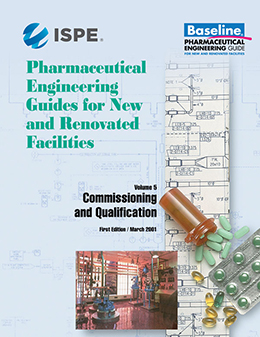
Clinical practice guideline for the pharmacologic treatment of chronic insomnia in adults: An American Academy of Sleep Medicine clinical practice guideline. Pharmacologic treatment of insomnia disorder: An evidence report for a clinical practice guideline by the American College of Physicians.

Primary Care Companion for CNS Disorders. Pharmacotherapy for insomnia in primary care. Also, be aware that you may have some short-term rebound insomnia for a few days after you stop taking sleeping pills. Some medications must be stopped gradually. When you're ready to stop taking sleeping pills, follow your doctor's or pharmacist's instructions or the directions on the label. If the initial dose doesn't produce the intended effect on sleep, don't take more pills without first talking to your doctor. Also, don't take a higher dose than prescribed. Be sure to contact your doctor for advice.

Some prescription sleeping pills are for short-term use only.
#Pharma guide pdf full#
Only take a sleeping pill when you know you can get a full night's sleep of at least seven to eight hours.

Sleeping pills can make you less aware of what you're doing, increasing the risk of dangerous situations. Never take a sleeping pill until you're going to bed.If you have any questions, ask your pharmacist or your doctor. Read the medication guide for patients so that you understand how and when to take your medication and what the major potential side effects are. If you're taking sleeping pills for more than a few weeks, talk to your doctor about an appropriate follow-up schedule to discuss your medications. Often your doctor may be able to find specific causes for your insomnia. Before you take sleeping pills, see your doctor for a thorough exam.
#Pharma guide pdf how to#
Here's some advice on how to use them safely.

If your best attempts to get a good night's sleep have failed, prescription sleeping pills may be an option.


 0 kommentar(er)
0 kommentar(er)
